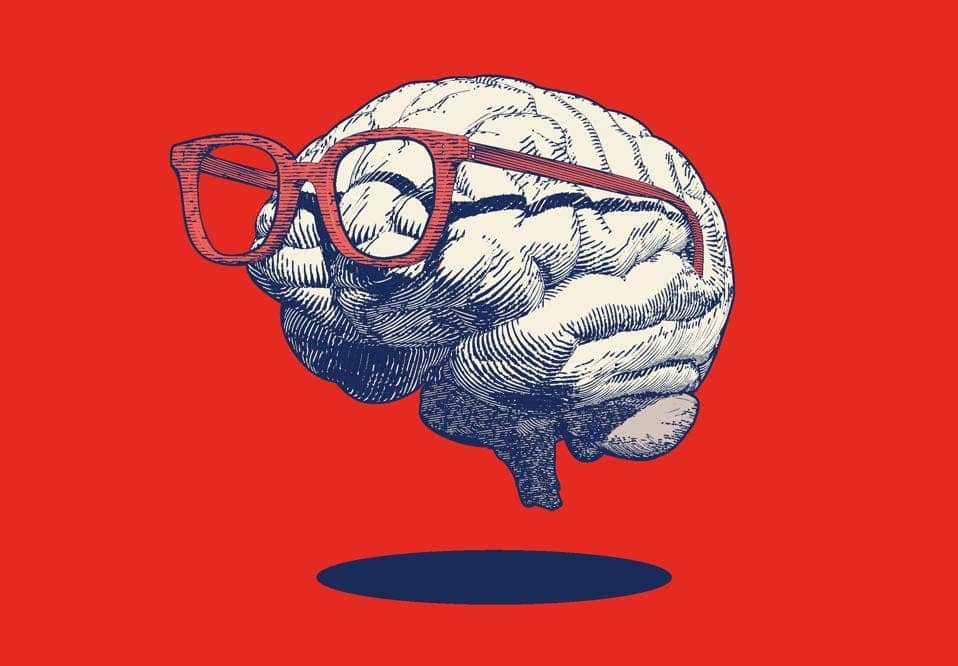Have you ever felt tired mentally and physically after scrolling your phone for a long period of time? If so, you are at risk of “Brain Rot” which can cause a negative effect on your brain, leaving your brain dull and placing it under stress.
Brain rot, what it means
Brain rot simply means when the brain reduces its mental or intellectual appropriate state of functioning as a result of long-term exposure to visual content on your screen.
The word “Brain Rot” was acknowledged by Oxford University Press, publishers of the Oxford English Dictionary, dominating the Word of the Year for 2024.
Dr. Siddharth Warrier, a neurologist, explained that there are different examples of brain rot, and they are zombies scrolling (lost of feelings, thoughts, and emotions), compulsive video gaming (addicted and submerged by the contents of the game), doom scrolling (engulfed with negative news trends), and social media addiction (when your attention is constantly fused to social space).
Effect of Brain Rot on You
Brain rot causes harm to your mental health after being fed with multiple exposures of endless visual content. These exposures impact your life and health without you knowing. Your dopamine levels trigger your limbic system, and it makes you a vegetable in limbic loops.
How to keep your brain healthy and save it from brain rot
Remember that your brain is your best friend, always with you and working with you and not on another body. It is necessary to keep your brain healthy and save it from the recent brain silent killer. Adopting these strategies, you can nurture your brain, enhance your mood, and keep your mind sharp for years to come.
Practice psychological well-being:Engaging in various tasks helps prevent brain rot, and avoiding horror or eyesore scenes that will put you under threat or fear should be mandatory to help keep your brain healthy and improve psychological performance.
Nourish Your Brain with the Right FoodsThe foods you eat directly impact your brain’s health and your overall mood. Avoid “junk foods” and mindless eating habits, which can contribute to “brain rot.” Instead, focus on nutrient-rich choices:
Proteins like meat, poultry, dairy, cheese, and eggs provide essential amino acids for neurotransmitter production and help stabilise blood sugar.
Omega-3 fatty acids found in salmon, mackerel, tuna, and sardines support mood regulation and cognitive function.
Vitamin B is crucial for brain health and can be sourced from eggs, whole grains, fish, avocados, and citrus fruits.
Vitamin D acts as a natural mood stabiliser and is essential for mental well-being.
Boost Blood Flow Through Physical Activity
A sedentary lifestyle can harm brain health, so regular exercise is key. Physical activity improves circulation to the brain, reducing the risk of memory loss and cognitive decline. Incorporate activities like walking, aerobics, or stretching into your routine to keep both body and mind sharp.
Prioritise Quality SleepSleep deprivation can impair brain function, leading to forgetfulness, poor concentration, and difficulty managing stress. Adequate rest is essential for mental clarity and resilience. A well-rested brain is better equipped to handle challenges and maintain focus.
Expand Your Perspective
Shifting your mindset can help you manage stress and avoid “brain rot.” Instead of focusing narrowly on challenges, adopt a broader view to identify opportunities and solutions. Reframe setbacks as learning experiences and cultivate a big-picture outlook to enhance creativity and problem-solving skills.
Practice MindfulnessMindfulness techniques, such as meditation and deep breathing, can reduce stress and improve focus. Regular mindfulness practice lowers cortisol levels and helps you stay calm even in difficult situations. A consistent mindfulness routine enhances mental clarity and reduces errors.
Embrace Mental Stimulation and NoveltyKeeping your brain engaged with new experiences helps maintain cognitive flexibility and creativity. Activities like solving puzzles, reading, or learning new skills strengthen neural pathways and slow cognitive decline. Step out of your comfort zone to foster adaptive thinking and innovation.
Spend time in nature
Connecting with nature has proven mental health benefits. Spending at least two hours a week in green spaces, such as parks or beaches, improves clarity, focus, and emotional well-being. This “green time” provides a much-needed break from screen-heavy lifestyles.
Maintain order over chaos
Minimise multitasking to preserve mental energy and focus. Tackling multiple tasks at once can reduce productivity and lead to mental fatigue. Instead, prioritise organisation and focus on one task at a time for better efficiency and brain health.
Cultivate social connections
Isolation can negatively impact mental health. Regular interaction with friends, family, or supportive colleagues helps strengthen brain function and emotional resilience. Activities like volunteering, attending classes, or meeting with others can boost your brain’s grey matter and creativity.
To protect your brain from rot, keep a healthy brain by taking part in deep breath exercising through inhaling and exhaling.



